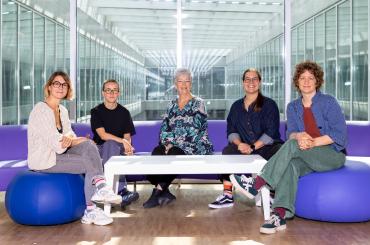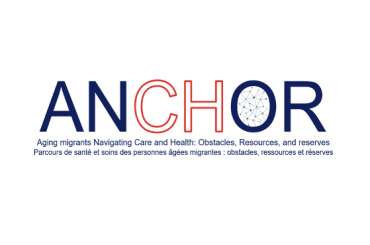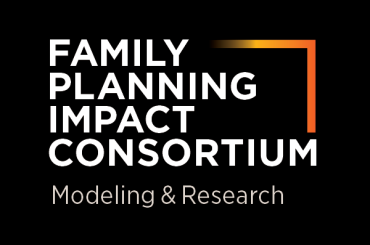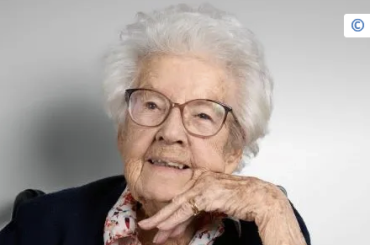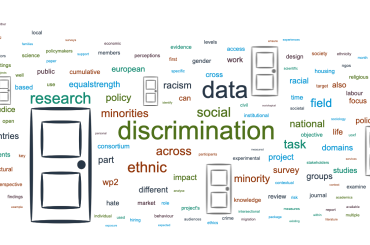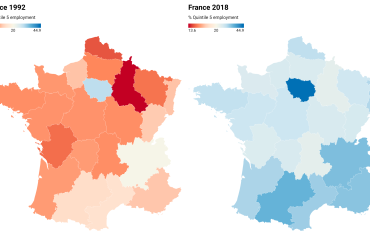
Directed by : Daniel Oesch
Over the last decade, there have been growing concerns that European countries are becoming polarized between prosperous metropolitan areas and declining industrial and rural regions. While major cities successfully transitioned to the service economy dominated by high-skilled jobs, employment opportunities decreased in many smaller towns and peripheral regions. This geographical divide also emerges in the rise of the radical right, Trump’s election, the Brexit vote or the Gilets Jaunes movement - and has been interpreted as “the revenge of the places that don’t matter” (Rodríguez-Pose 2018).In this context, our project raises two questions. The first question asks how the occupational structure changed between 1980 and 2020 across regions in Britain, France, Germany and Switzerland. While there is much research on job polarization at the national level, there is little evidence at the regional level - and the few existing studies point to growing regional gaps within countries. Our project aims to provide systematic evidence on whether regions have drifted apart over the last 40 years in terms of job opportunities - and thus the life chances - provided to their residents. The second question asks how unequal shifts in regions’ job structure affect political attitudes. Our focus is on attitudes towards globalization and thus on one of the defining cleavages of our time, which is expressed in conflictual opinions over migration, multiculturalism and supranational integration. Our goal is to see whether citizens living in declining regions are more likely to develop cultural grievances on these issues. We thus test the claim that unequal economic trajectories across regions are a prime driver of the cultural backlash associated with the radical right.Our project addresses these two questions by using large-scale individual-level datasets that cover 40 years and allow us to distinguish long-term shifts at the geographical level of districts, counties, departments and cantons. In parallel, we use long-running panel datasets that allow us to account for sorting - if people move to regions based on job opportunities and cultural attitudes. The ambition is to combine insights from sociology, political science, geography and economics to enhance our knowledge of how job shifts at the regional level contributed to the widening cultural cleavage in Europe.



